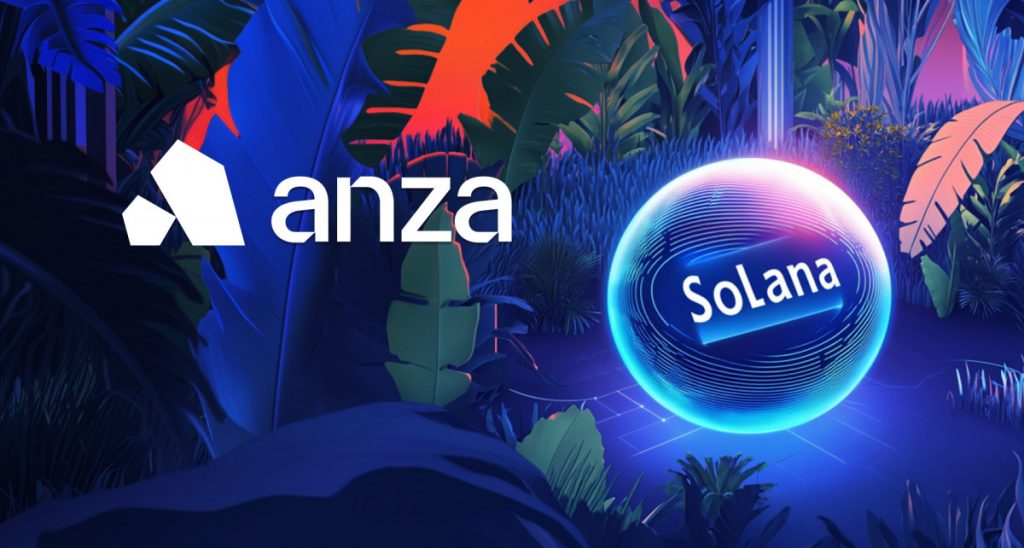Anza Launches Efficient Token Program To Reduce Compute Usage And Expand Solana Throughput


In Brief
Anza has proposed the SIMD-0266 Efficient Token Program, introducing p-token to optimize compute usage, increase Solana’s throughput, and enable more efficient transaction processing.

Software development firm focused on enhancing the infrastructure of the Solana blockchain, Anza released the SIMD-0266 proposal, titled the Efficient Token Program.
This proposal recommends replacing the existing SPL token program with a new compute-optimized version called p-token, which is projected to reduce token program compute unit usage by up to 98 percent. Currently, approximately 10 percent of block compute units are consumed by token program instructions. By reducing these costs, p-token is expected to free nearly 12 percent of block space for other transactions, effectively increasing Solana’s throughput.
p-token represents a full reimplementation of the SPL token program, featuring no heap allocations, zero-copy data access, and complete backward compatibility. Clients will not need to modify any code, as p-token is designed as a direct drop-in replacement for maximum efficiency. The program introduces new instructions, including Batch and UnwrapLamports, which reduce compute requirements for common DeFi operations, allow multiple token operations per cross-program invocation, and eliminate the need for temporary native accounts. These enhancements enable programs to execute complex transaction flows more efficiently.
The optimizations provided by p-token serve as a direct capacity increase for the network, complementing other initiatives such as 100 million compute unit blocks and higher per-account limits. An audit conducted by Neodyme replayed mainnet transactions and verified that outputs matched those of the current SPL token program. The proposal is currently available and active on GitHub.
Anza Unveils SIMD-0337 Upgrade To Enhance Solana’s Consensus Mechanism And Network Resilience
Anza is a software development and research organization focused on the Solana blockchain ecosystem. Founded by former executives and core engineers from Solana Labs, the firm has emerged as a key developer of essential infrastructure for Solana. Anza has created the Agave validator client, a derivative of the Solana Labs validator, and actively contributes to network-wide improvements in performance, security, and accessibility.
Recently, Anza announced SIMD-0337, a significant upgrade to the Alpenglow consensus mechanism. This update introduces block markers, enabling faster leader transitions and enhancing the network’s resilience against forks caused by malfunctioning or misbehaving validators.
Disclaimer
In line with the Trust Project guidelines, please note that the information provided on this page is not intended to be and should not be interpreted as legal, tax, investment, financial, or any other form of advice. It is important to only invest what you can afford to lose and to seek independent financial advice if you have any doubts. For further information, we suggest referring to the terms and conditions as well as the help and support pages provided by the issuer or advertiser. MetaversePost is committed to accurate, unbiased reporting, but market conditions are subject to change without notice.
About The Author
Alisa, a dedicated journalist at the MPost, specializes in cryptocurrency, zero-knowledge proofs, investments, and the expansive realm of Web3. With a keen eye for emerging trends and technologies, she delivers comprehensive coverage to inform and engage readers in the ever-evolving landscape of digital finance.
More articles

Alisa, a dedicated journalist at the MPost, specializes in cryptocurrency, zero-knowledge proofs, investments, and the expansive realm of Web3. With a keen eye for emerging trends and technologies, she delivers comprehensive coverage to inform and engage readers in the ever-evolving landscape of digital finance.



















































